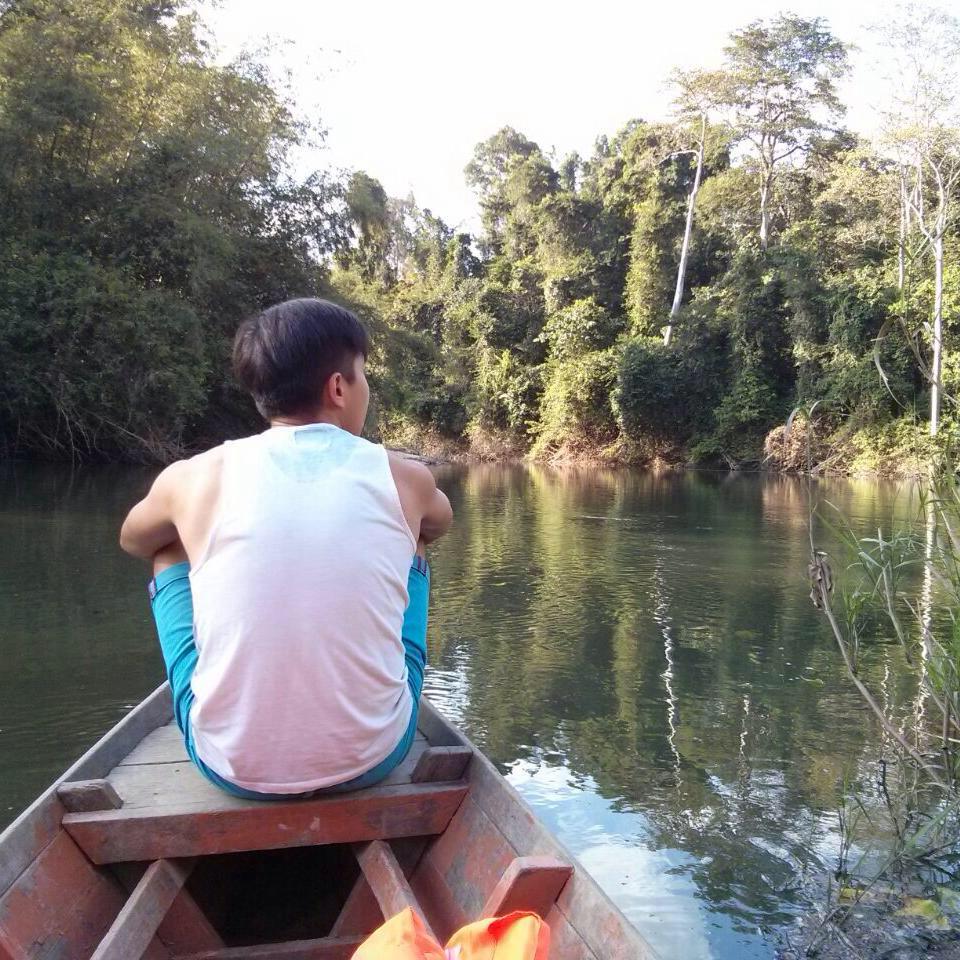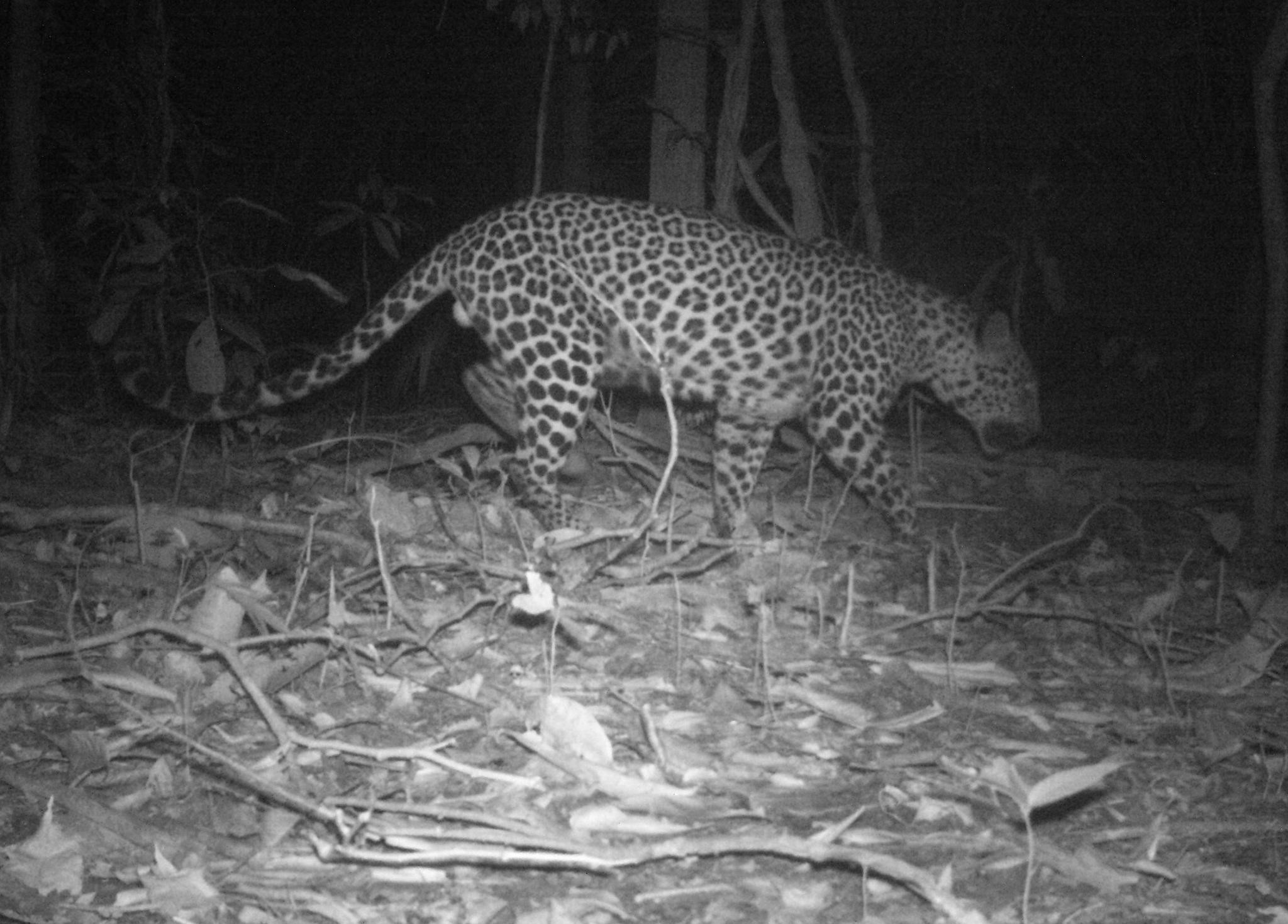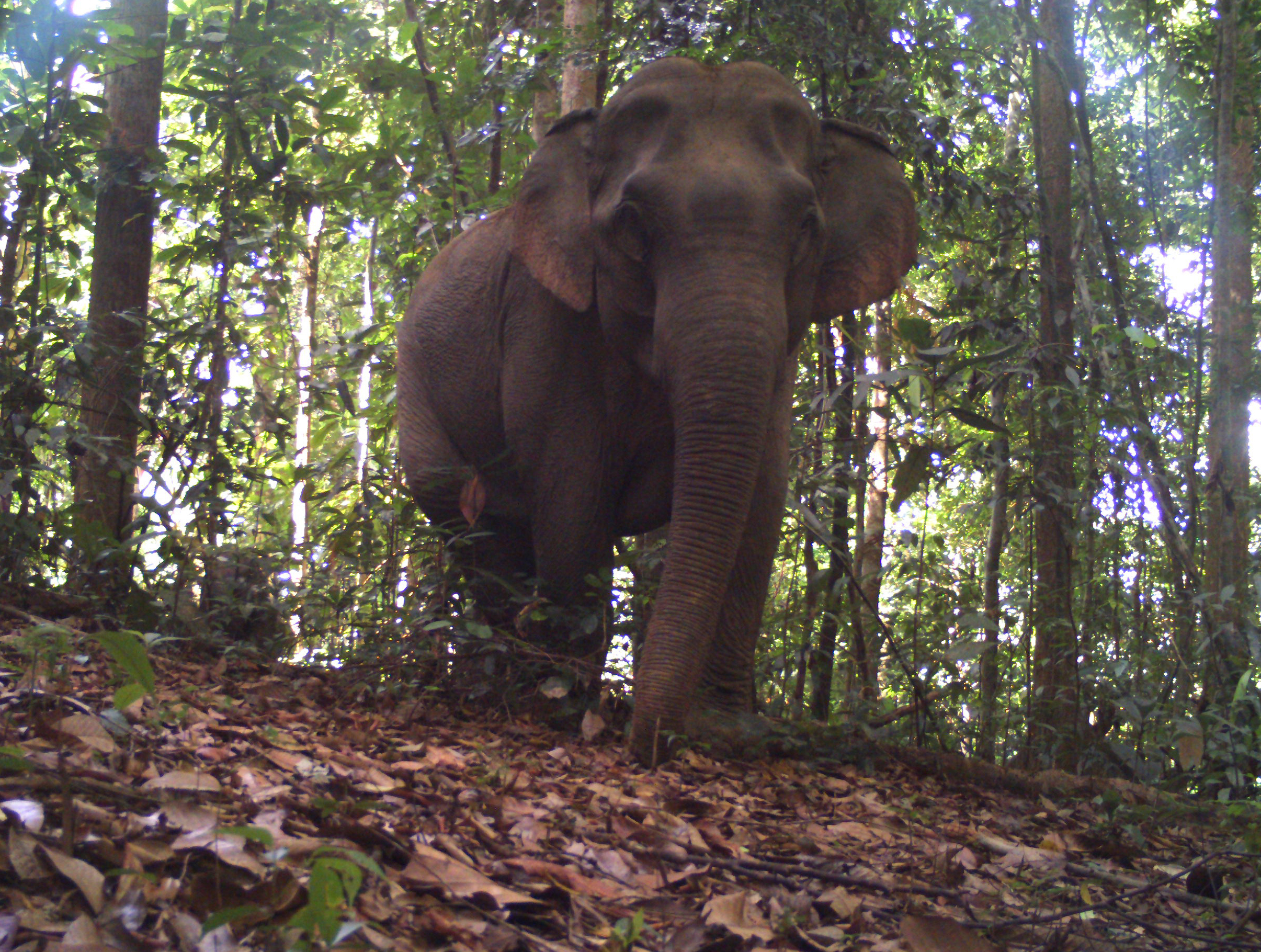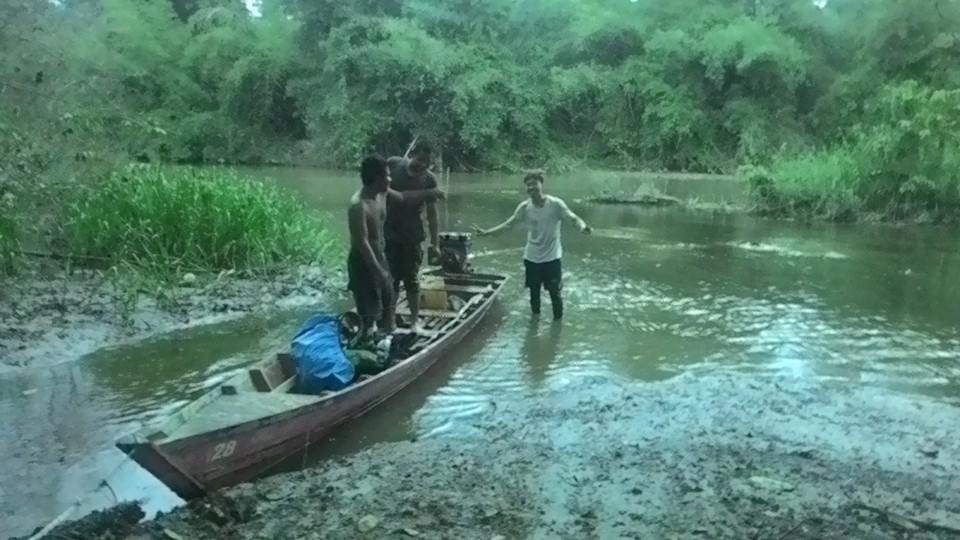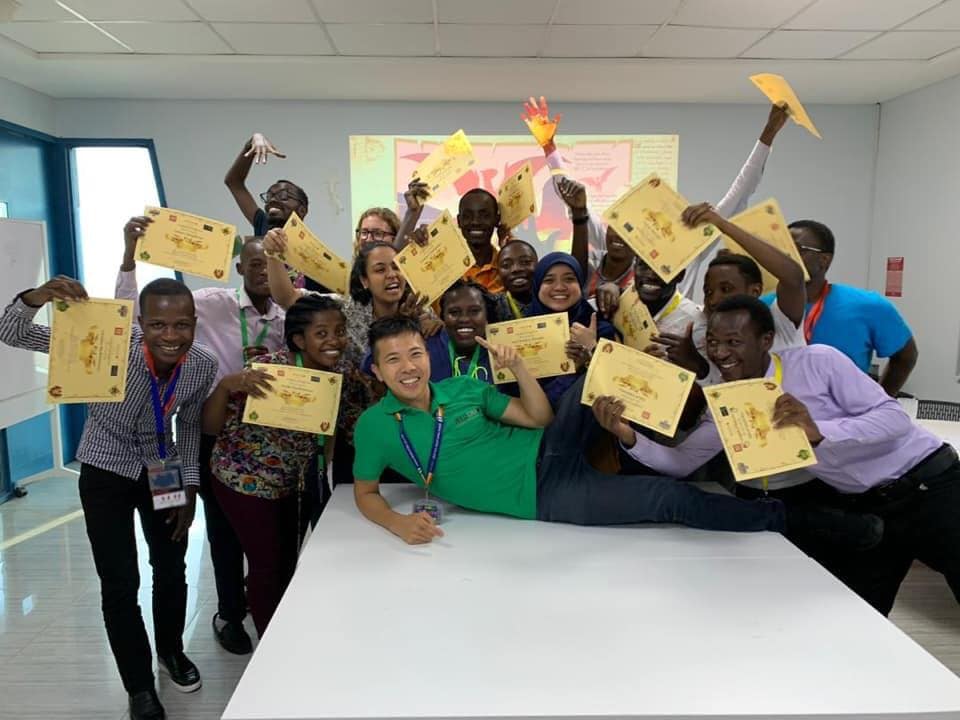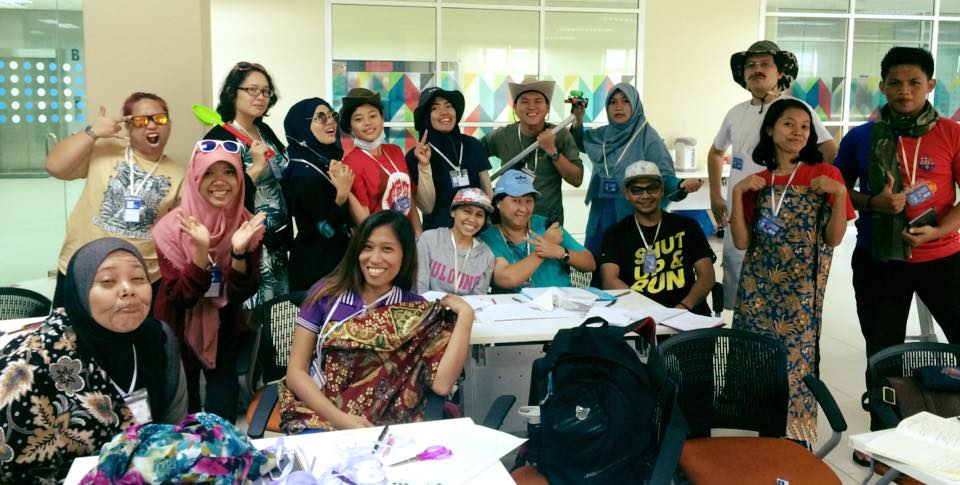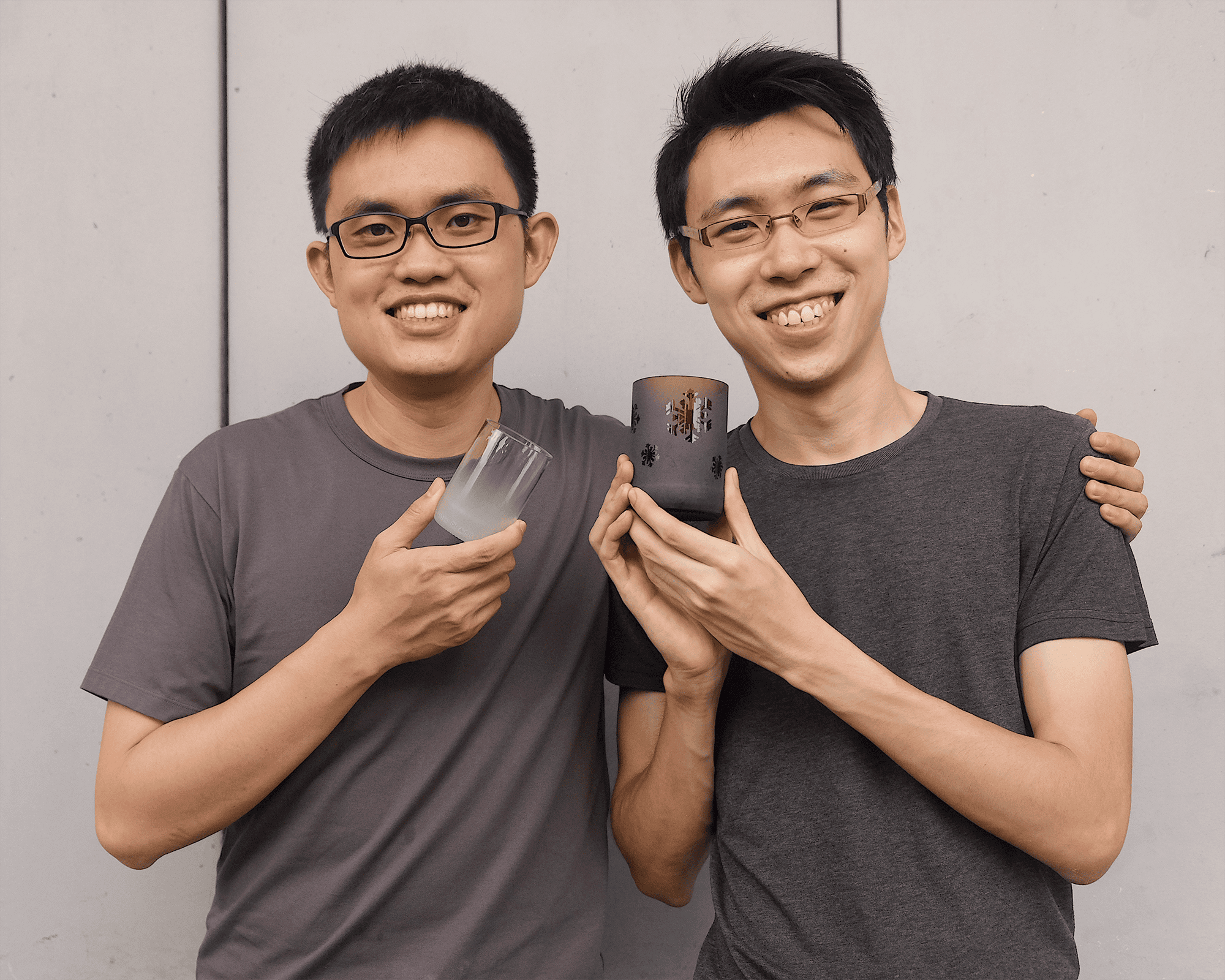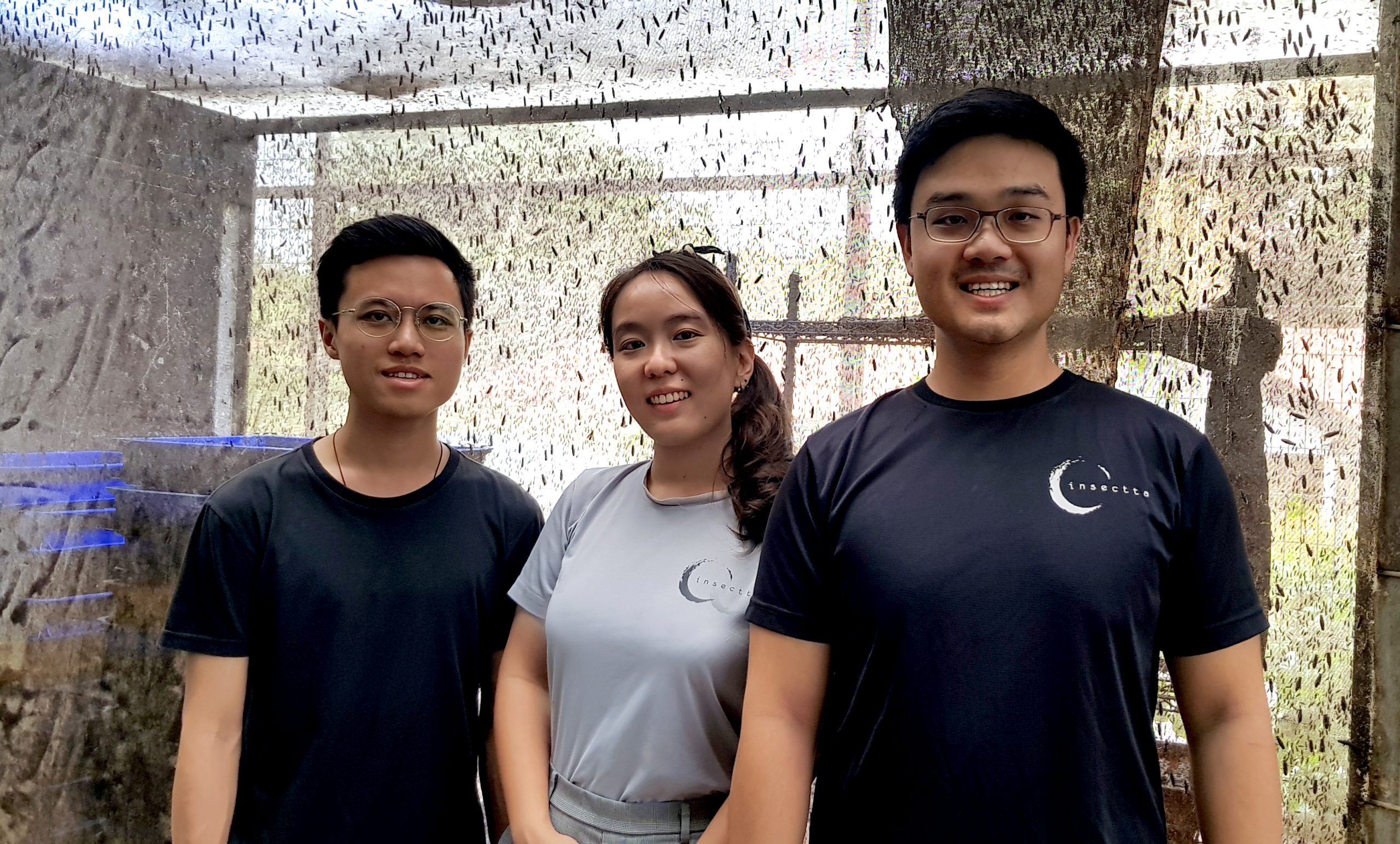Interdisciplinary Showcase
The workforce and complex issues of today call for knowledge and competencies across fields. The College of Humanities and Sciences (CHS) offers a distinct interdisciplinary curriculum, focusing on integrating knowledge across science, the arts and humanities. Here, we showcase some examples of interdisciplinarity in action in research, as well as the work of our students and alumni.
Our Research
Documenting Pulau Ubin’s biodiversity heritage
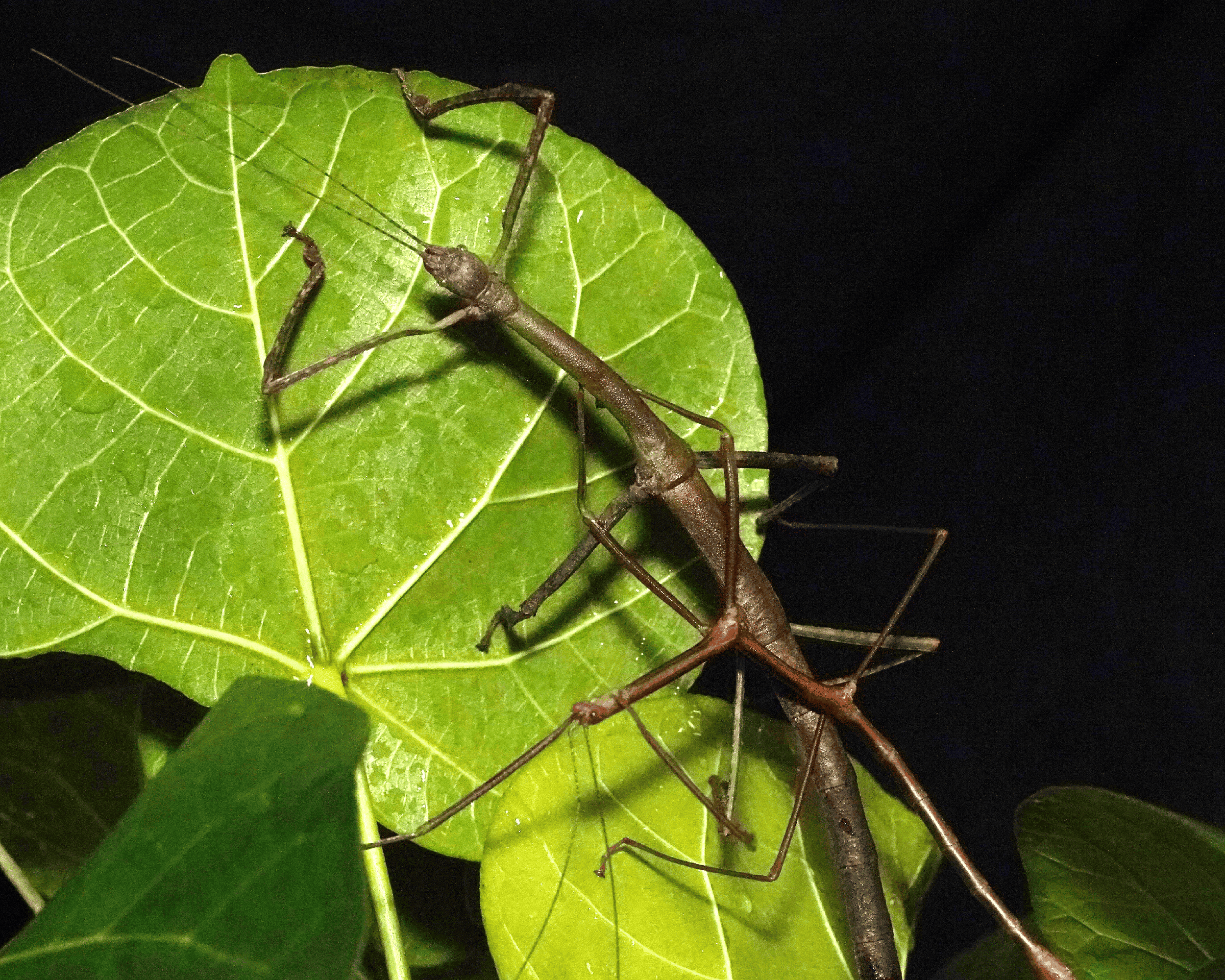


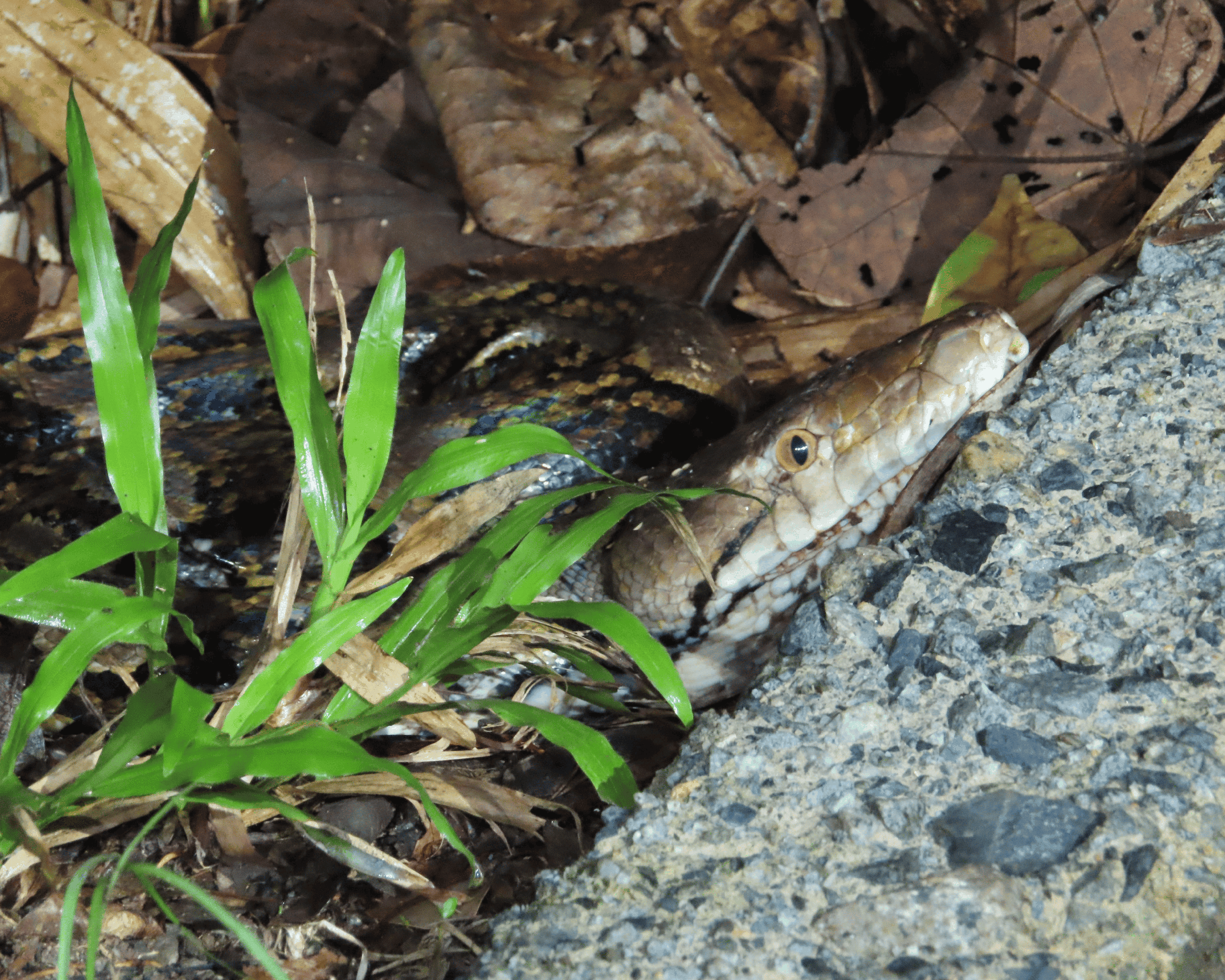
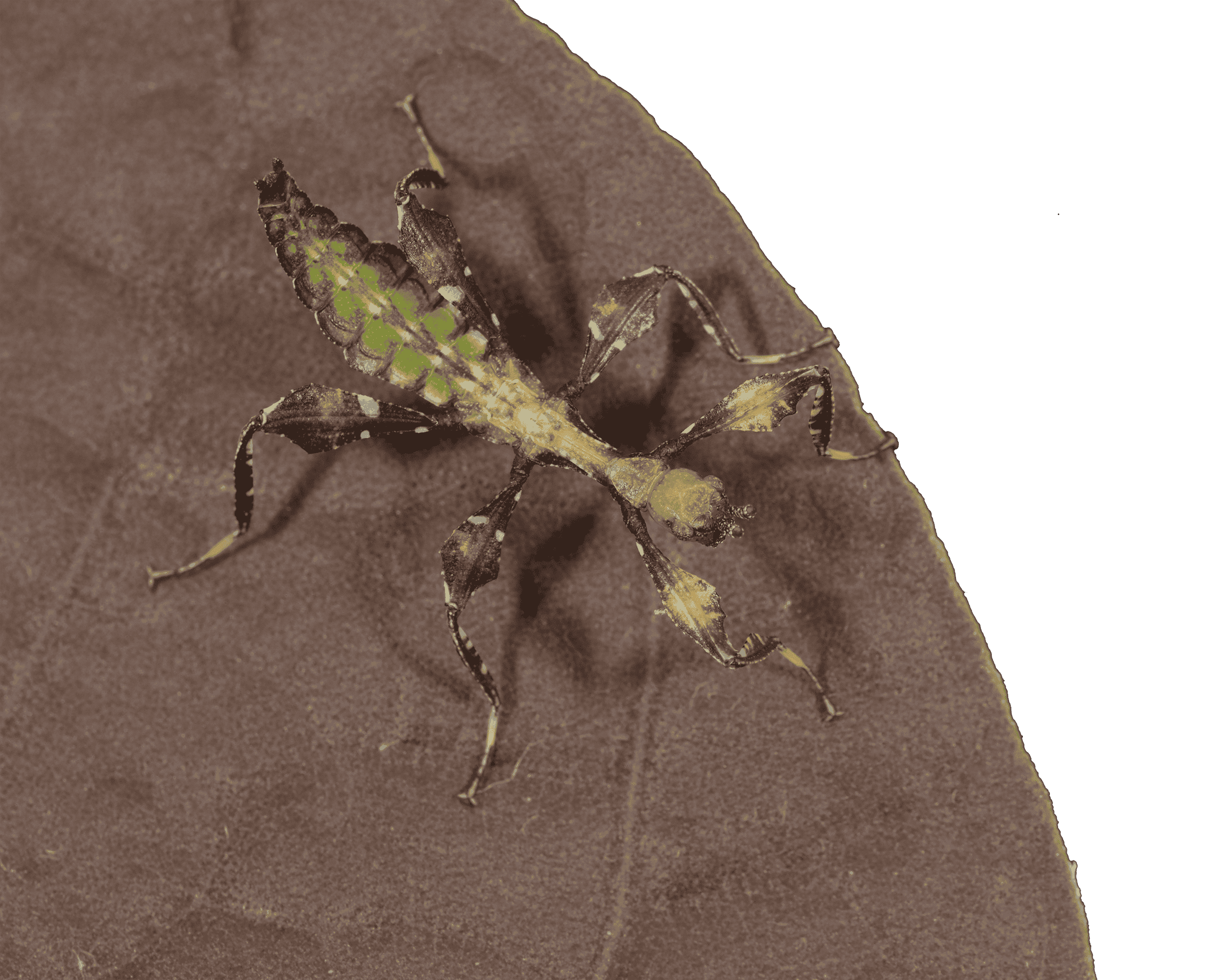
Pulau Ubin’s diverse flora, fauna, and habitats are still revealing their mysteries. Since the 1990s, there have been great strides in some areas of biodiversity research, such as the production of species checklists.
From foraging for wild durians to fishing for mangrove crabs, generations of Pulau Ubin’s local communities have known and used the island’s flora and fauna and fostered rich knowledge about Pulau Ubin’s species, habitats and ecosystems. Ageing members of different cultural and religious groups have come forward in recent years to share their stories and memories about life on Pulau Ubin.
This collaborative research brings together biologists and historians to document the biodiversity heritage of Singapore’s Pulau Ubin through field survey methods and archival research practices. In doing so, it seeks to serve as a model for cross-faculty research and interdisciplinary learning.

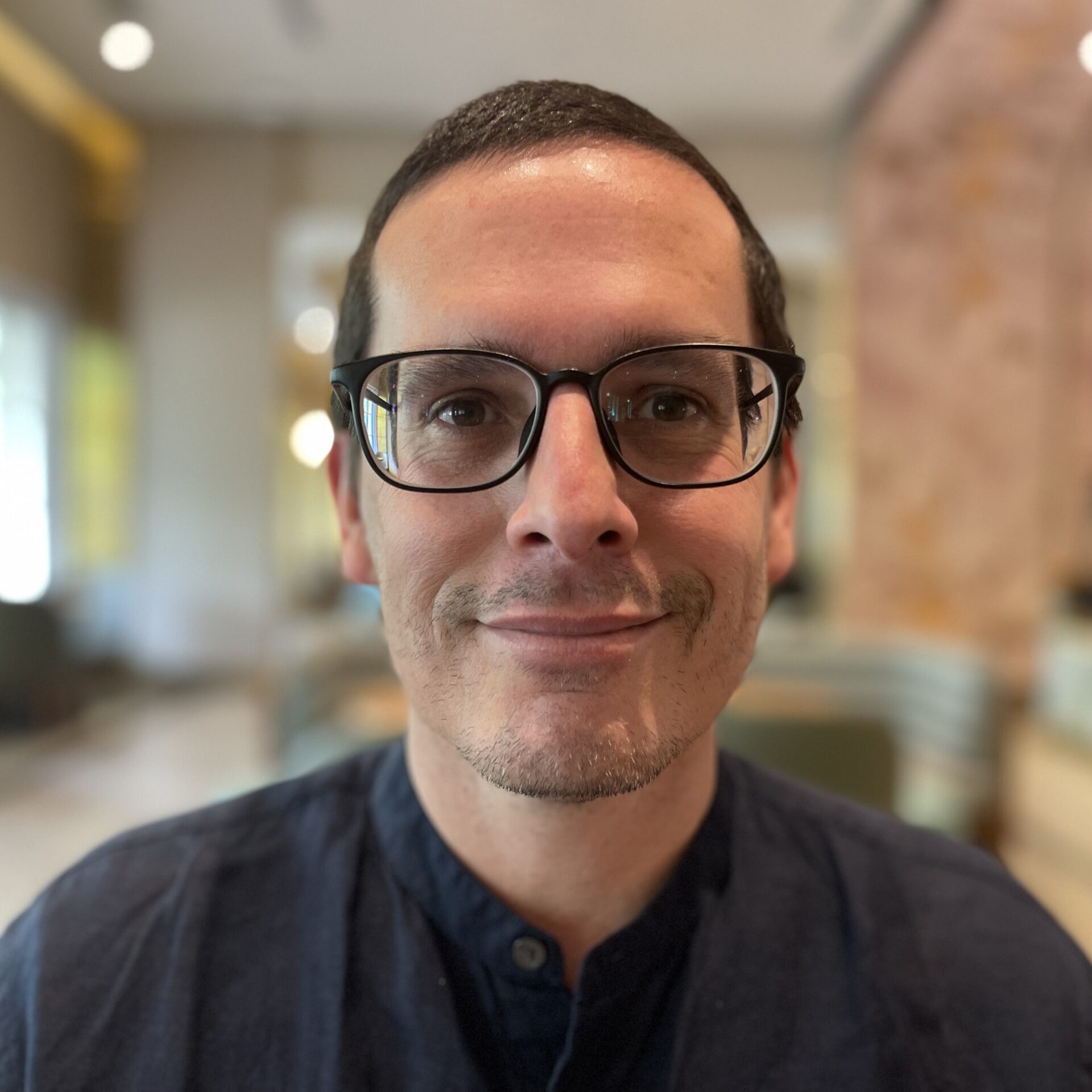
Using nature to fight climate change
How can conservation science deliver insights that create real-world impact? Amid mounting pressure on natural ecosystems, the diverse team of experts at NUS’ Centre for Nature-based Climate Solutions has long understood that effectively safeguarding and restoring precious habitats demands a multidisciplinary approach that takes the socioeconomic, cultural, political and environmental intricacies of climate and conservation policies into account.
One of the Centre’s main projects in 2021 involved researching how protecting carbon-rich mangrove forests fringing coasts around the globe could support climate change mitigation while providing multiple co-benefits. Beyond complex spatial analysis, mapping economically viable conservation projects required a closer look at today’s carbon markets and local conditions to determine where and to what extent carbon credits could help finance mangrove conservation efforts.
The Centre was launched in 2020, and serves as a focal point for research, thought leadership and education on nature-based climate solutions in the Asia Pacific region.
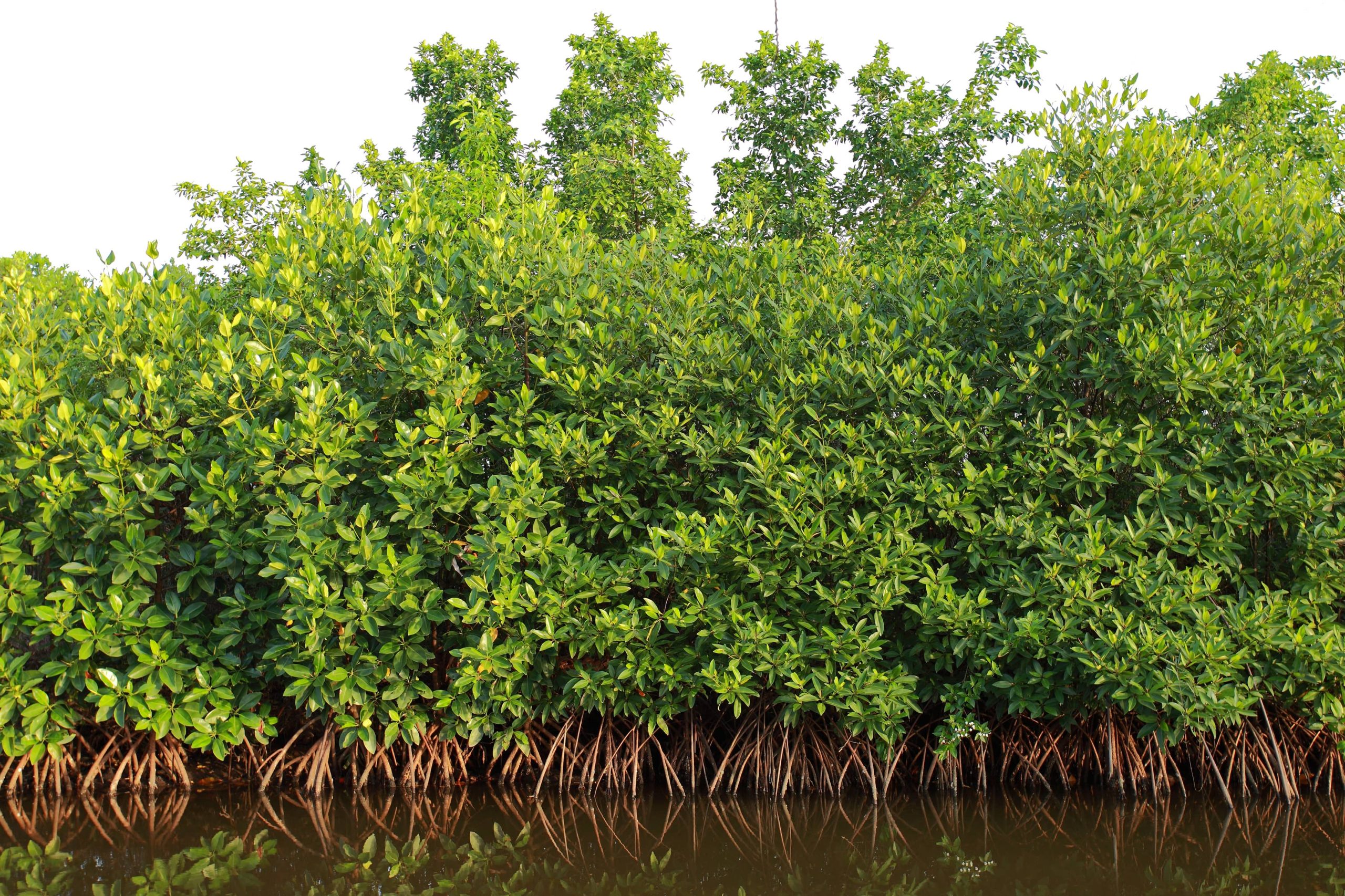
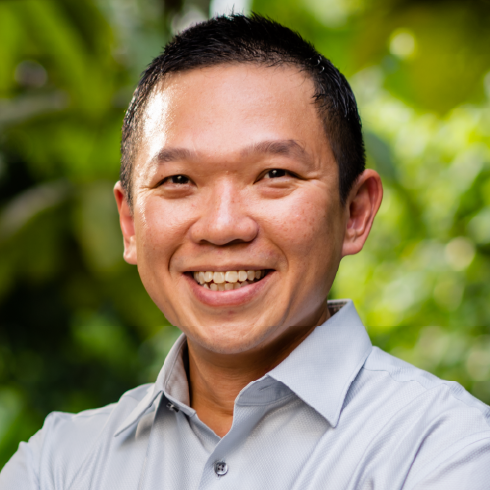
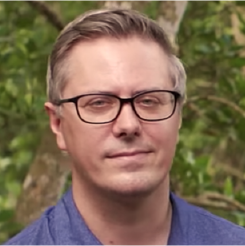
Nature, a balm for mental wellbeing
Sustainable governance of transboundary environmental commons
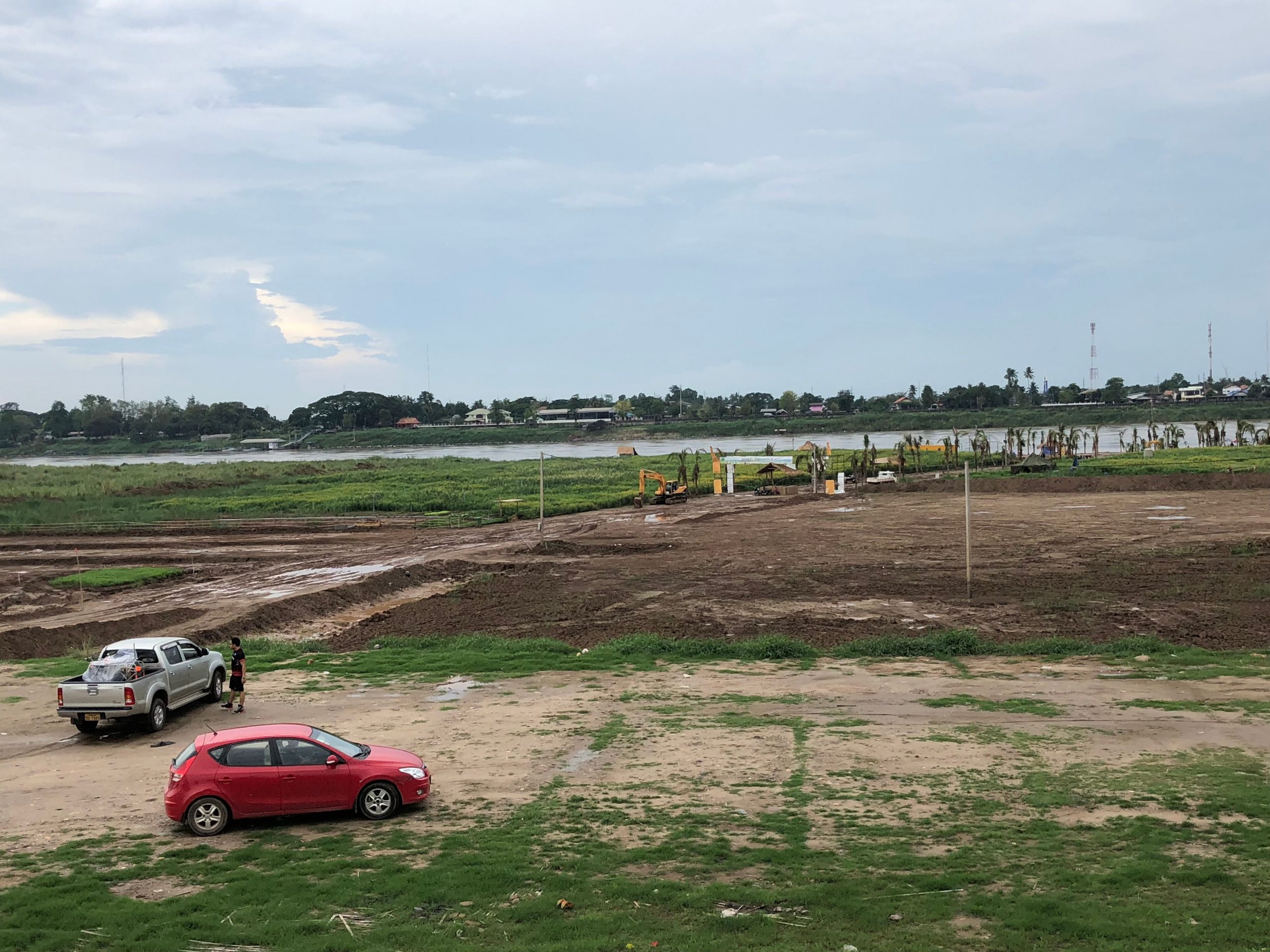
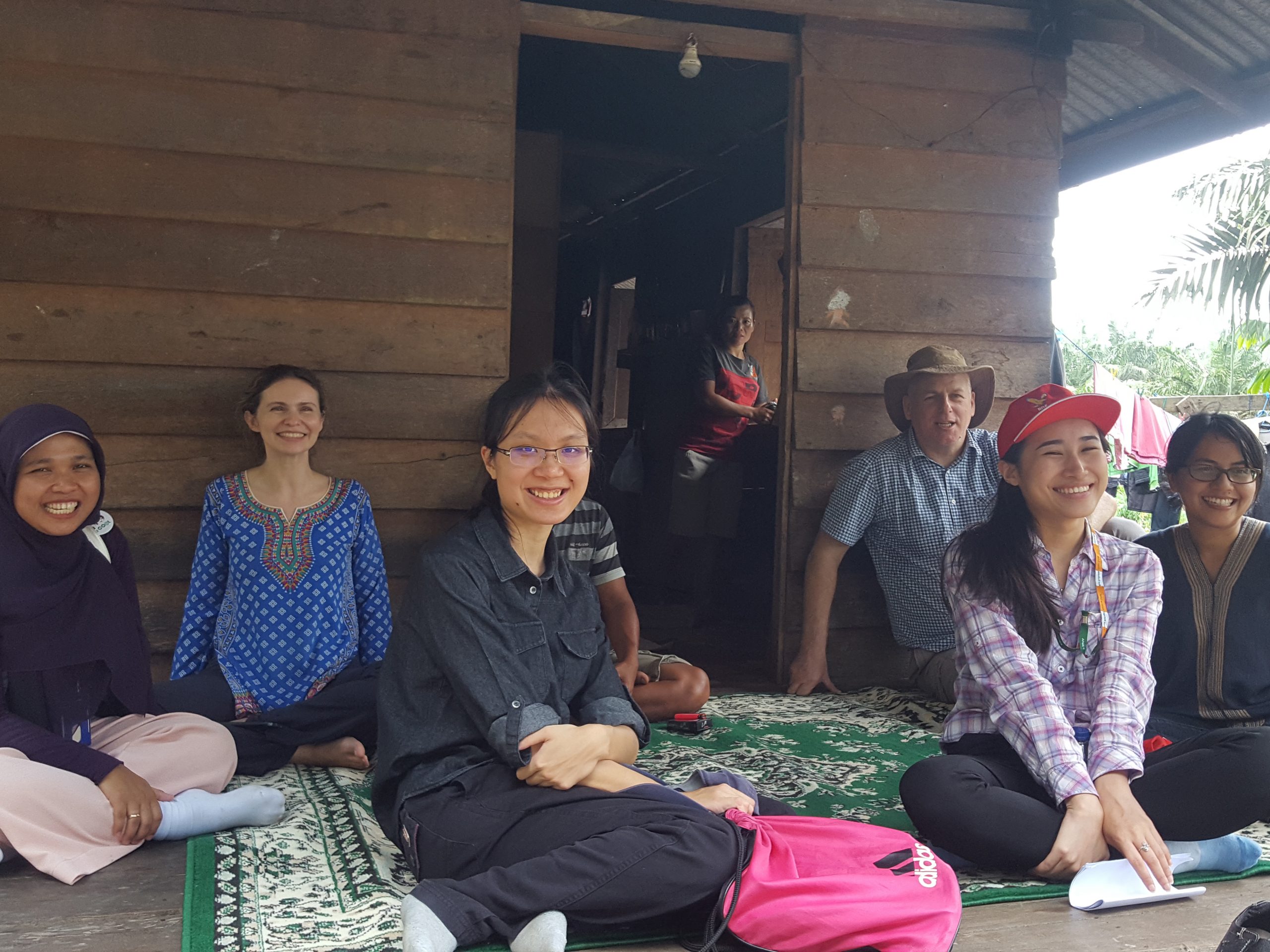
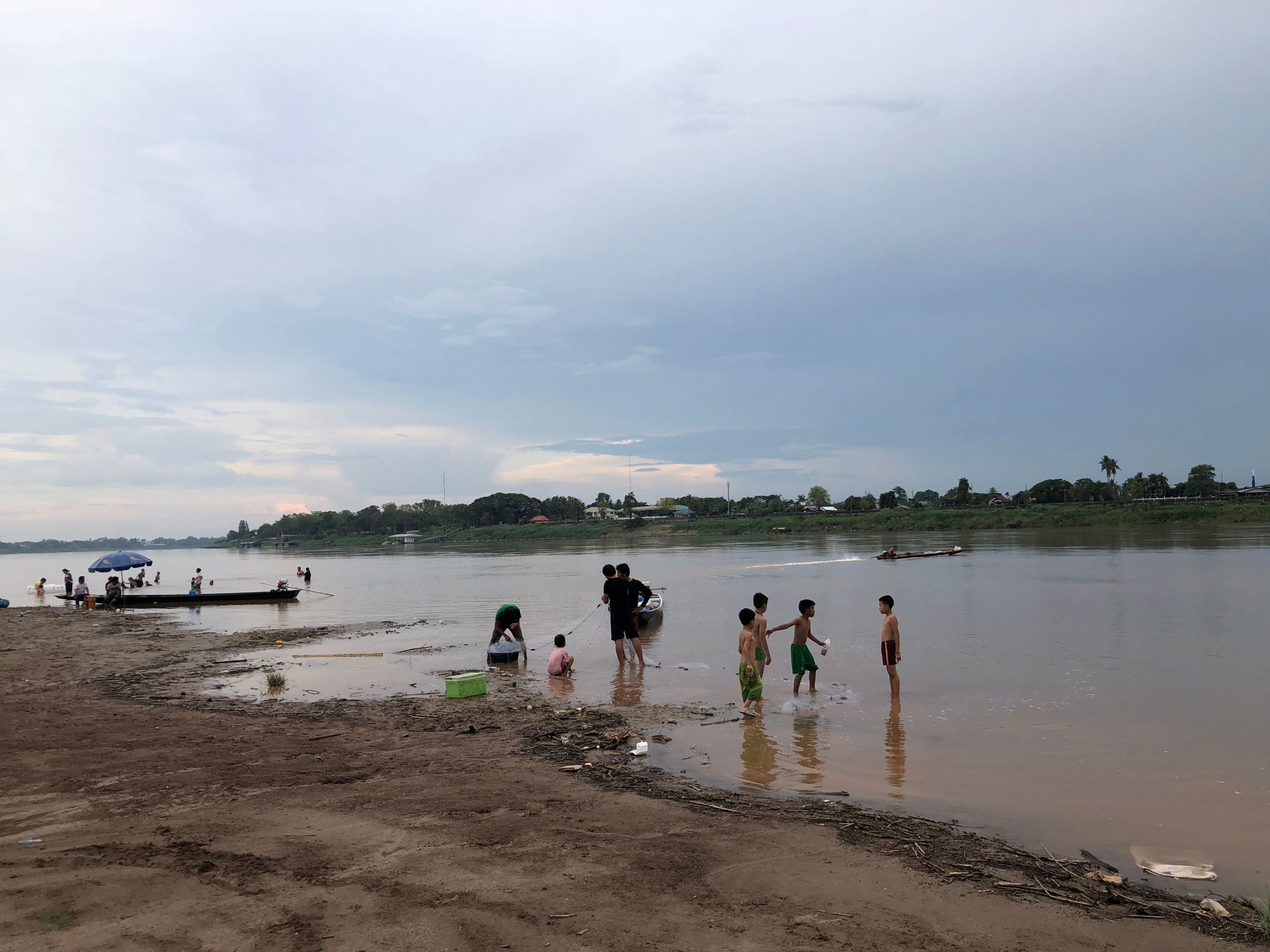
A multidisciplinary team led by Prof David Taylor, NUS Asia Research Institute and Department of Geography, FASS, worked with stakeholders to identify causes and effects of biomass burning and hydropower development, and best practices in environmental governance, as well as to develop the concept of transboundary environmental commons in ASEAN.
The team of environmentalists, political scientists and ecologists is building a foundation for sustainable governance of common resources such as fisheries, forests and irrigation systems in ASEAN. This will lay the groundwork for future policy work in Singapore and Southeast Asia, so as to boost social development and environmental protection, thereby mitigating the impacts of global heating.
 Prof Taylor says, “Collaborative research brings with it unique opportunities and enhanced levels of resilience. Along with the excellence of the researchers involved, this has enabled us to more than meet project targets. Not only have we incorporated effects of system-wide shocks, like pandemics, into our thinking, we are also developing a proposal targeting long-term governance of carbon-accumulating ecosystems.”
Prof Taylor says, “Collaborative research brings with it unique opportunities and enhanced levels of resilience. Along with the excellence of the researchers involved, this has enabled us to more than meet project targets. Not only have we incorporated effects of system-wide shocks, like pandemics, into our thinking, we are also developing a proposal targeting long-term governance of carbon-accumulating ecosystems.”
From molecules to the planet: Integrated technologies for biodiversity conservation
Natural ecosystems are experiencing an unprecedented biodiversity crisis. Land use pressures for urbanisation and agriculture and anthropogenic climate change have driven the decline and loss of many species and will change the abiotic and biotic landscape for years to come.
However, our understanding of biodiversity responses to such ongoing threats is hampered by the lack of on-the-ground biodiversity surveys that are hard to scale up across landscapes. For highly diverse groups such as insects and plants, there is the additional need for taxonomic experts.
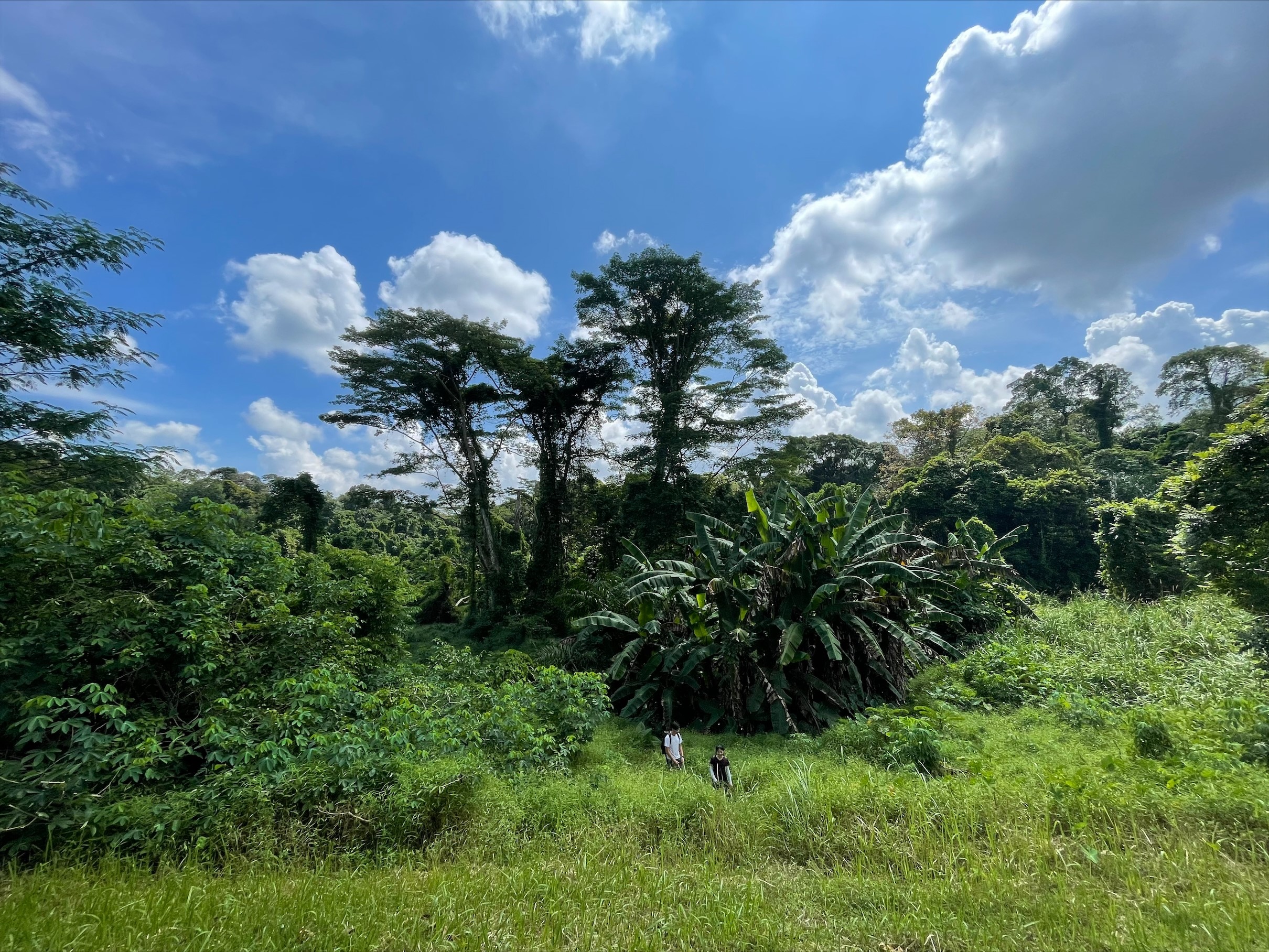
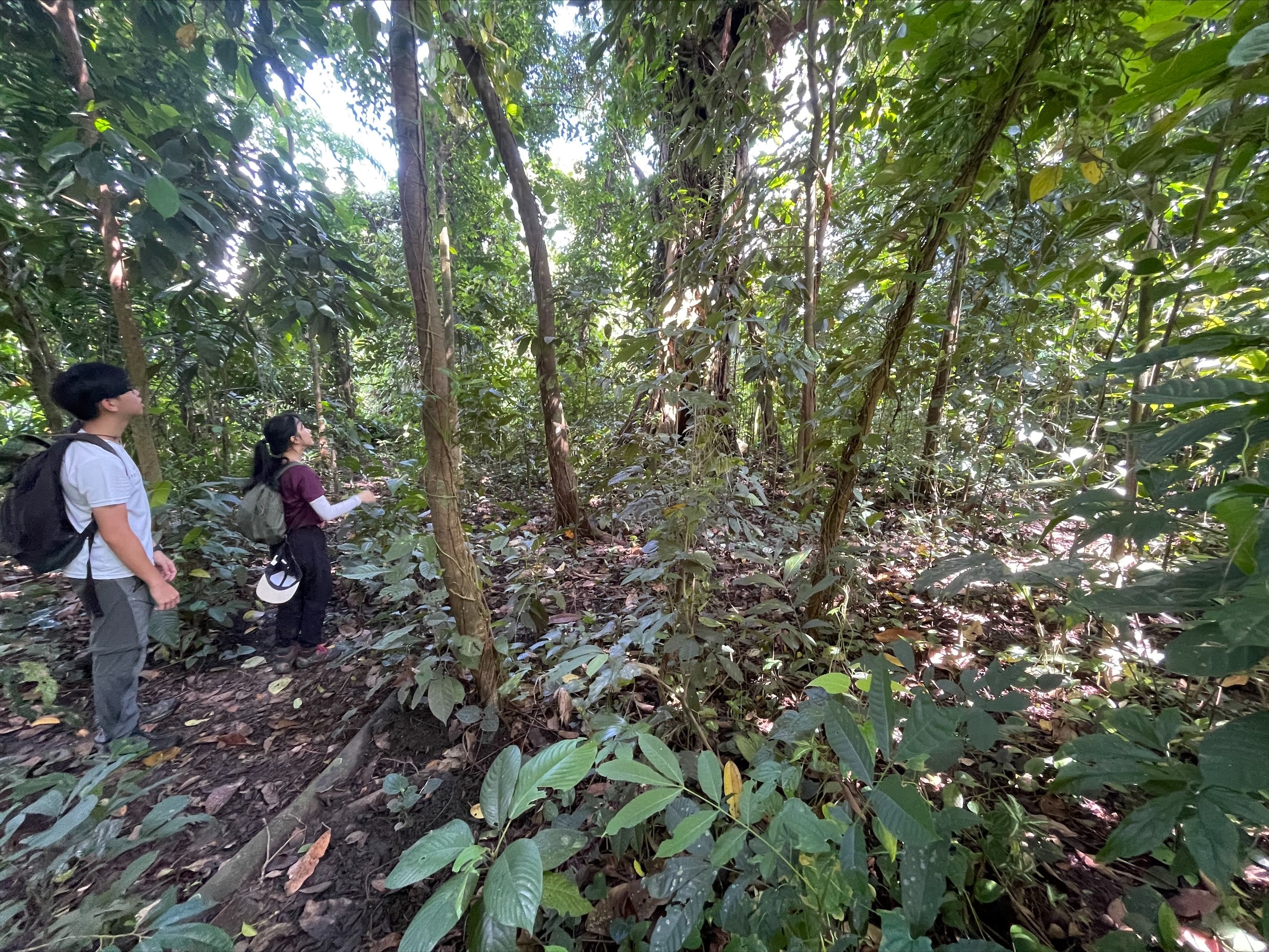
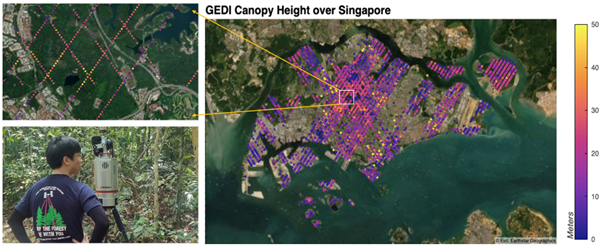
Using a terrestrial laser scanner to locate, calibrate and validate 3D canopy structure measurements obtained by one of NASA’s satellites called GEDI
Earth-scale observation and high-throughput DNA sequencing are rapidly emerging technologies with the potential to address these urgent gaps in biodiversity monitoring at large spatial and temporal scales. DNA sequences obtained from bulk samples can be used to rapidly characterise communities and quantify change on the ground, while remote sensing technology (either from air or space) can evaluate vegetation structure and complexity at the global scale. By combining the two, we hope to be able to scale up our assessments of biodiversity change to meet global conservation needs.
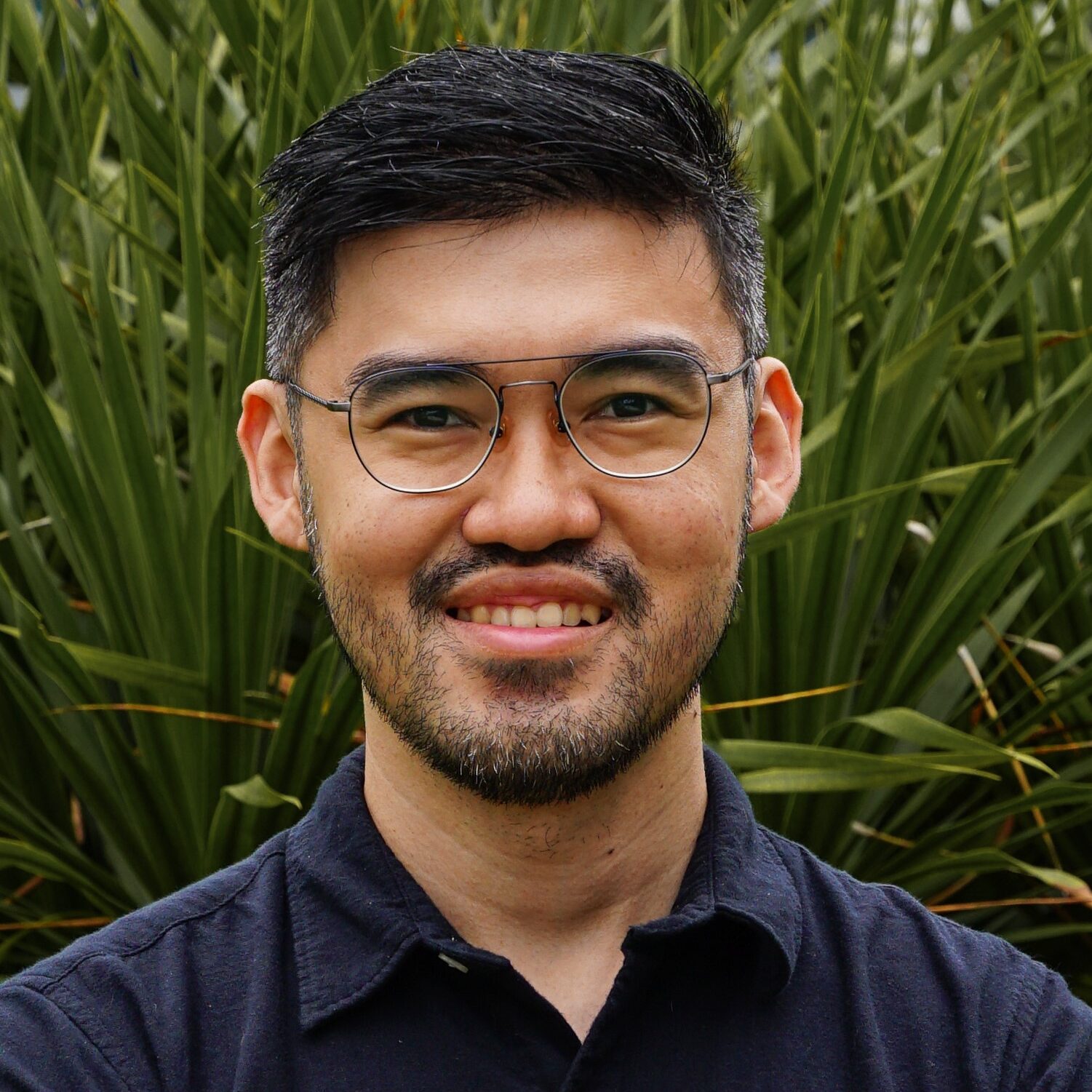
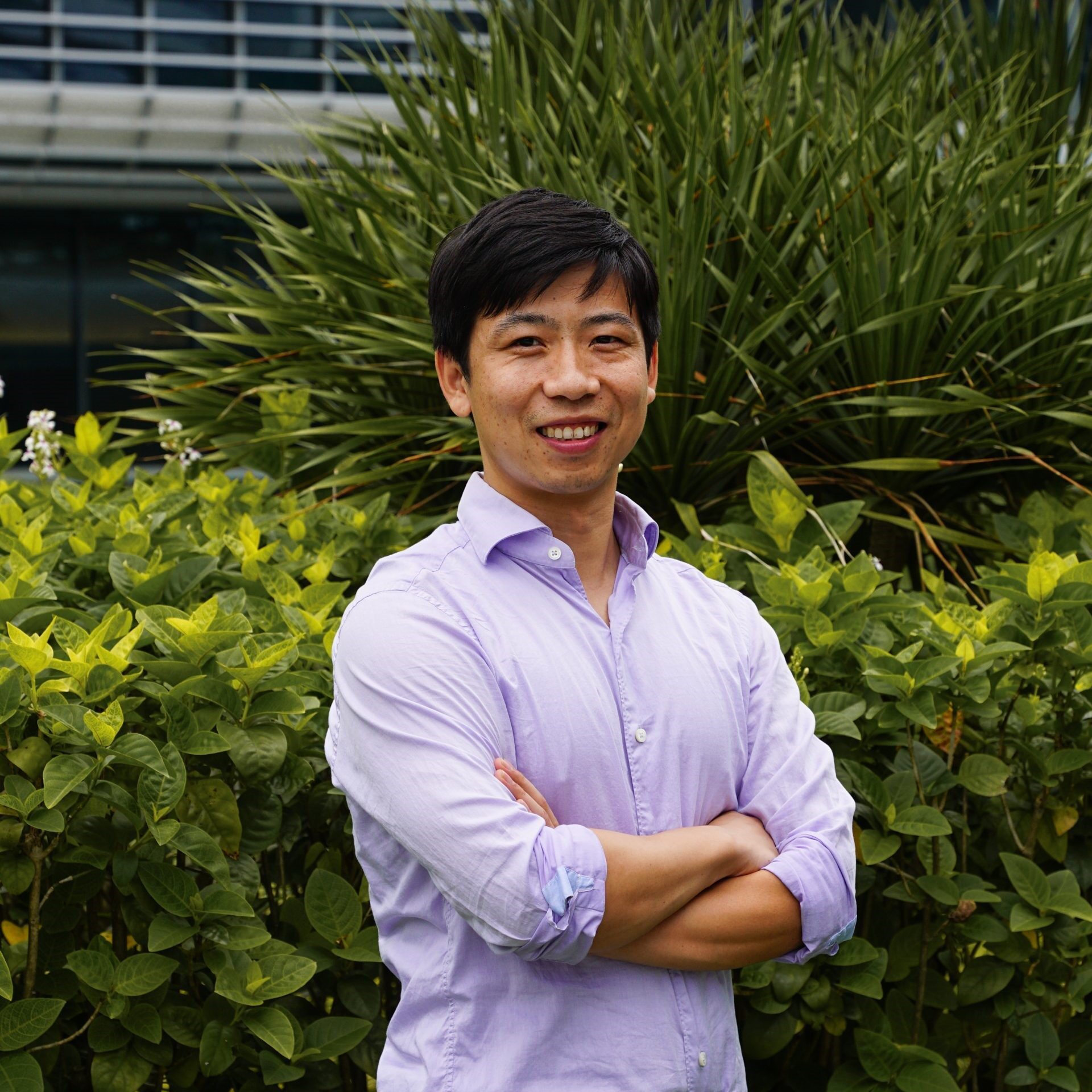
CHS Case Competitions
The annual CHS Case Competition under the College of Humanities and Sciences (CHS) invites students across NUS faculties to apply curriculum learning and interdisciplinary approaches to formulate solutions for real-world complex problems which require expertise from different domains.
Past Competitions
NUS CHS Case Competition 2023: Winning team
Is it possible to step away from our devices, which are so entwined in our lives?
A team of College of Humanities and Sciences (CHS) students - comprising Tavisha Jain (Major in Economics, Minor in Data Analytics), Yasmeen Tan Bte Omar (Major in Life Sciences, Minors in Biophysics, Forensic Science and Psychology), Charmaine Neo (Major in Life Sciences) and Sky Wong (Major in Psychology) - decided to tackle the issue of screen dependency head-on with a digital detox programme comprising an online competition and by offering incentives via gamification to stay away from screens.
Find out more here!



 Assoc Prof Esther Goh, Department of Social Work, FASS, is leading an interdisciplinary research team on the first longitudinal study on how low-income families in Singapore adapt to extreme financial constraints. The findings will help fill the void in the understanding of family resilience and contribute to more targeted social policies.
Assoc Prof Esther Goh, Department of Social Work, FASS, is leading an interdisciplinary research team on the first longitudinal study on how low-income families in Singapore adapt to extreme financial constraints. The findings will help fill the void in the understanding of family resilience and contribute to more targeted social policies.